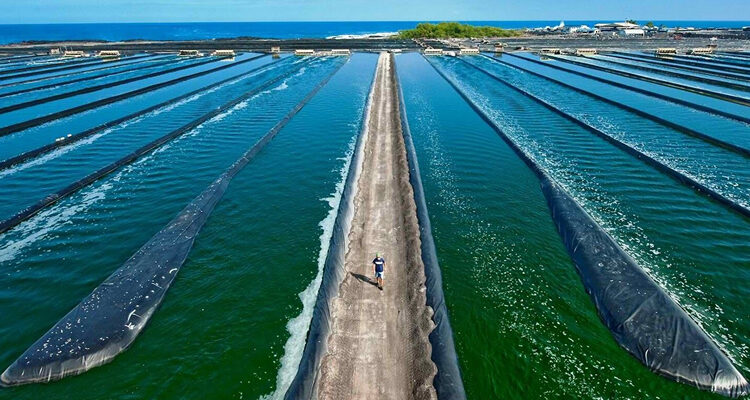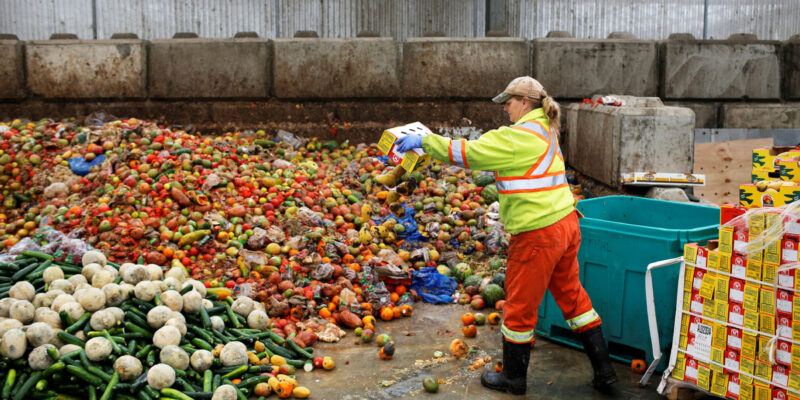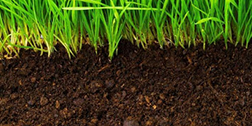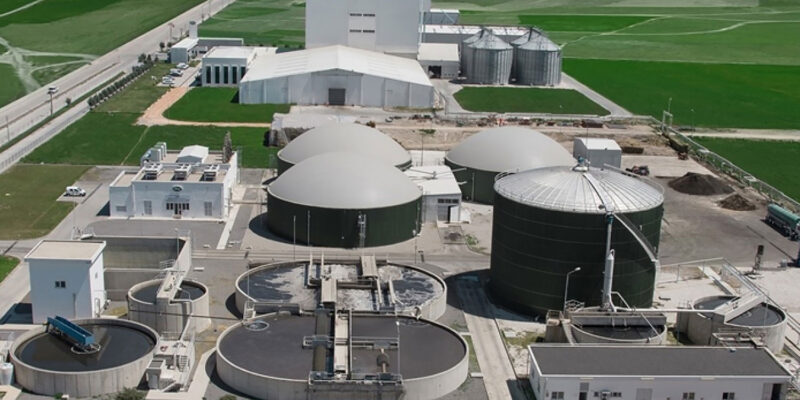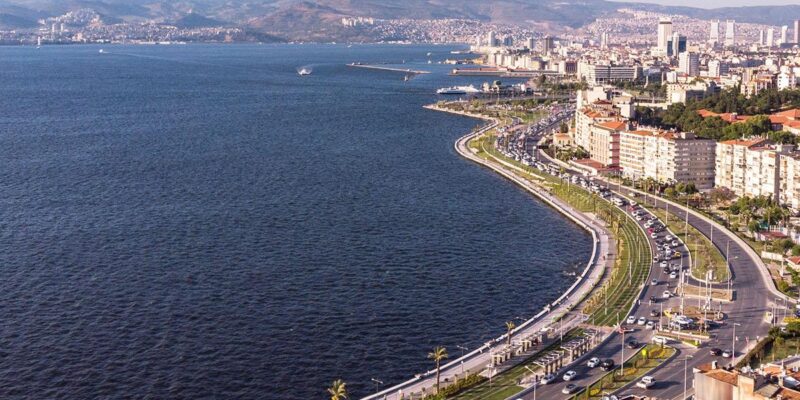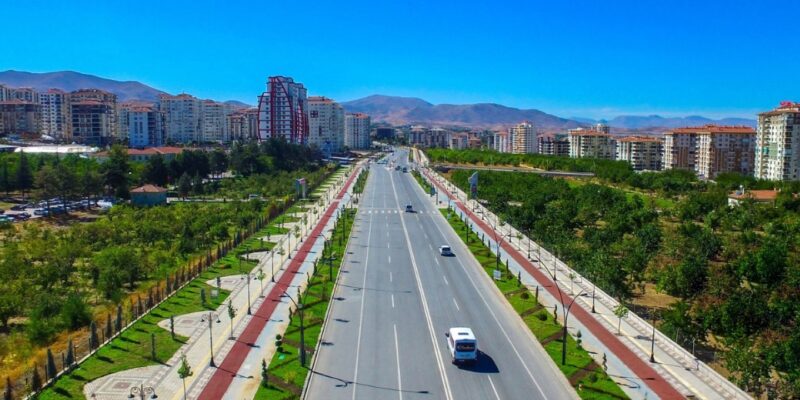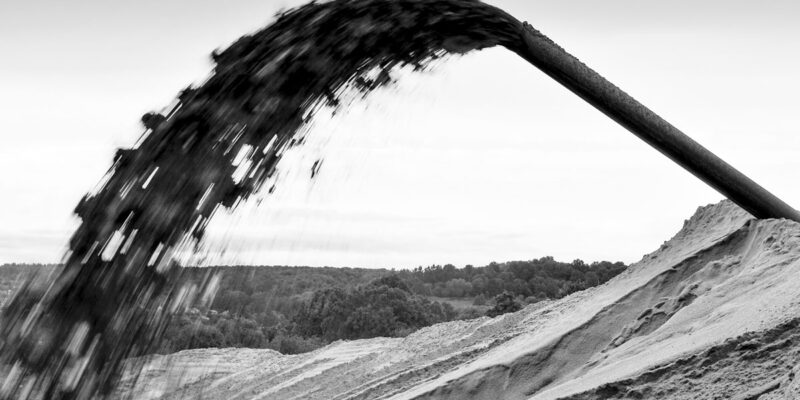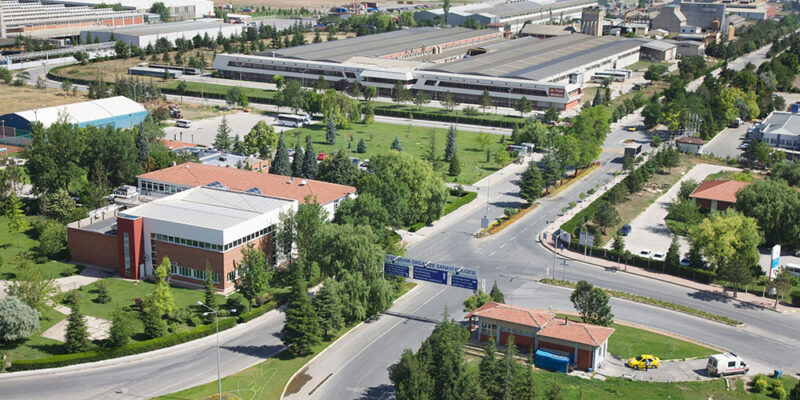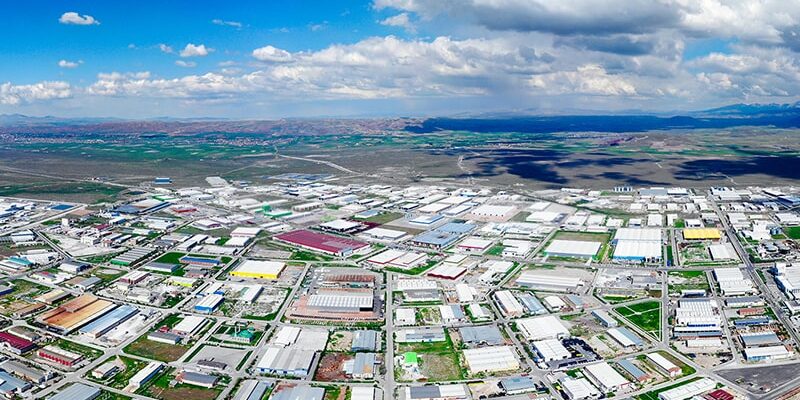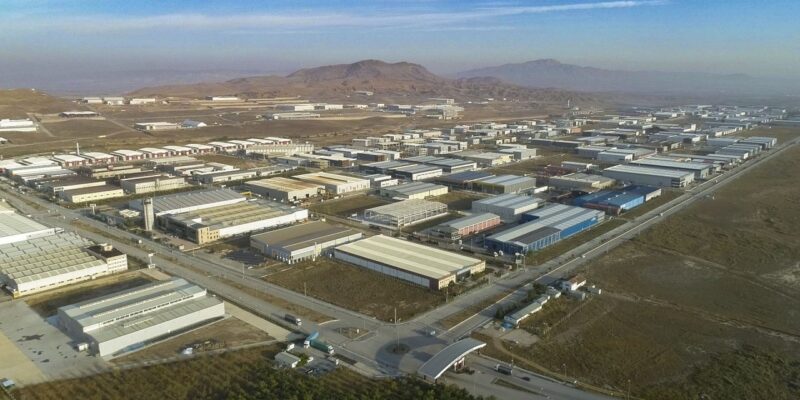The consultancy of the project carried out by Kırıkkale University with the feasibility support provided by Ahiler Development Agency was done by GTE. In the project, it is aimed to reduce negative environmental impacts by using microalgae production and wastewater treatment synergistically and to provide commercial benefits for different sectors of algae biomass.
The project was completed in February 2021. During the feasibility study, a technical/economic feasibility study was conducted for a pilot plant for an innovative microalgae system that will provide nutrient recovery by treating wastewater with an intersectoral “symbiotic approach”.
